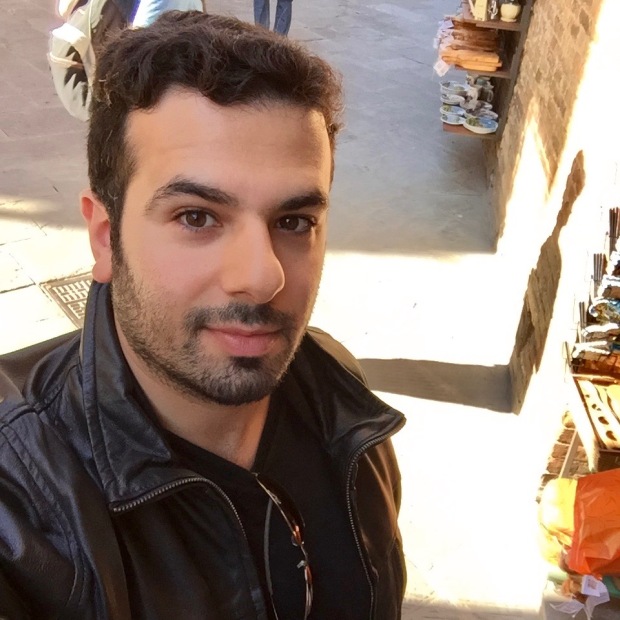In the program for this winter’s production of Fade by Tanya Saracho, we featured a brief interview with Primary Stages ESPA actor Vanessa Pereda-Felix. Below is the extended version of the interview.
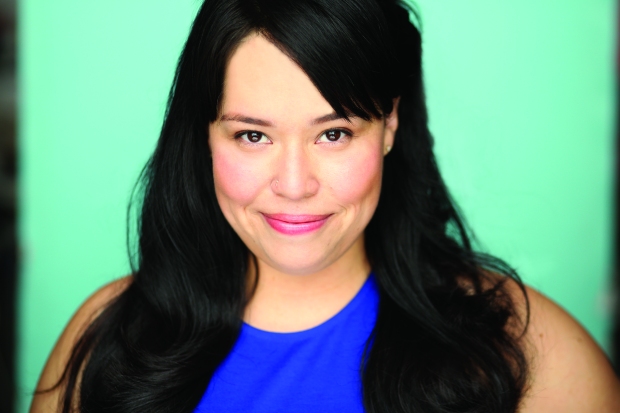 Vanessa Pereda-Felix moved to New York in 2009 from Central California. She ventured east with a BFA in theater and a dream to perform in New York. After three years in the city, she longed for a community of artists and the opportunity to hone her craft. She found that home at Primary Stages ESPA.
Vanessa Pereda-Felix moved to New York in 2009 from Central California. She ventured east with a BFA in theater and a dream to perform in New York. After three years in the city, she longed for a community of artists and the opportunity to hone her craft. She found that home at Primary Stages ESPA.
You are an ESPA Rockwell Scholar. Tell me a little about the scholarship.
When I choose to be part of a community I really want to be active, so when I first started taking classes I’d always ask if I could help out. Based on my participation in and out of class, I guess the company thought that I’d be a good match. As a Rockwell Scholar, I’m an ambassador for new and interested students. I also get to take three classes for free each year and serve as the teaching assistant in those classes. As the teaching assistant, I act as the liaison between the teacher and the class, for example, making sure everyone understands the assignments. I also convey information about all the events sponsored by Primary Stages and ESPA [like Detention or ESPAFest]. Additional responsibilities as the Rockwell Scholar include being part of Detention as both an actor and an audience member; going to ESPA Drills; and going to mixers, where I represent both ESPA students and Rockwell Scholars, to talk about what makes ESPA great (which I was already doing before I received this honor, so it’s easy).
What has being as Rockwell Scholar meant to you?
I didn’t see the scholarship coming and it was an honor to receive it. I was so in awe and overwhelmed. It means that I have the support of company behind me as both an artist and a person. And it represents how nurturing and caring ESPA is; it’s a cheerleader on my side.
What are you currently working on?
In the spring I work with Superhero Clubhouse, which is a company at the intersection of environmental science and theater. We do a project called Big Green Theater where we work with 4th and 5th grade students at two schools in Bushwick. The students write short plays inspired by the information they learned from an environmental scientist who visits each class at the beginning of the semester. Then five to seven of those plays are given full productions at the Bushwick Star, which is our partner on this program. The plays are always produced during Earth Week, and really helps demonstrate the power of storytelling.
To learn more about Vanessa visit her website. To learn more about ESPA visit our website.
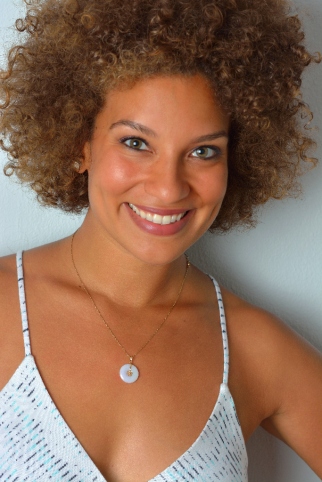 Eljon Wardally is a 2014 graduate of our
Eljon Wardally is a 2014 graduate of our 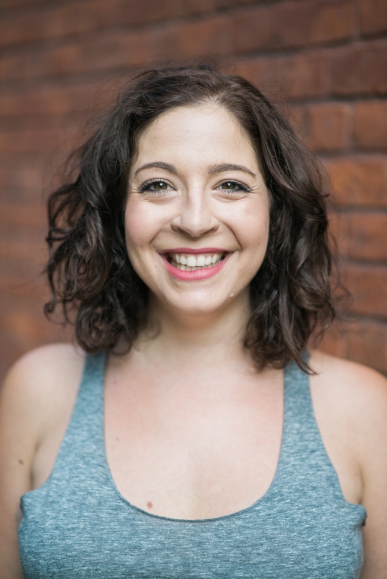 Jenny Rachel Weiner is a 2014 graduate of our
Jenny Rachel Weiner is a 2014 graduate of our 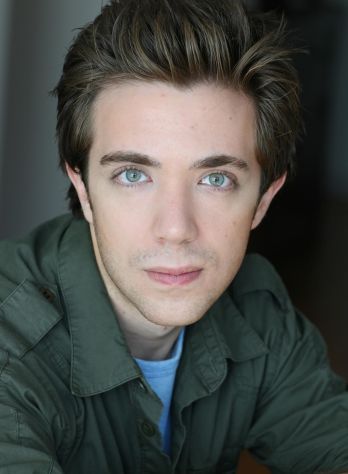 Matthew Capodicasa is a 2015 graduate of our
Matthew Capodicasa is a 2015 graduate of our 
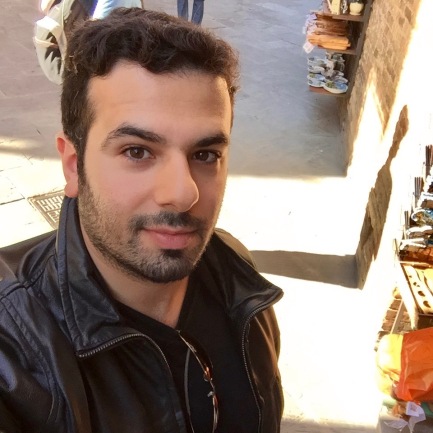 Julian Giat is a 2016 graduate of our
Julian Giat is a 2016 graduate of our 